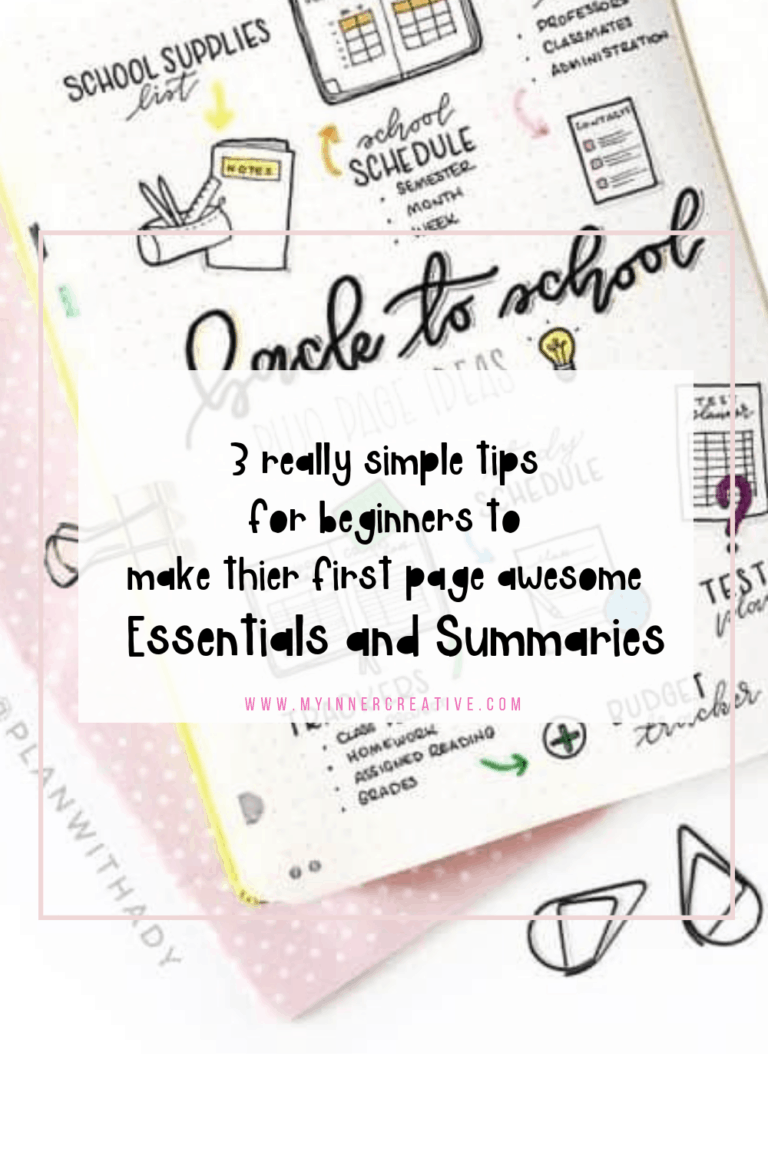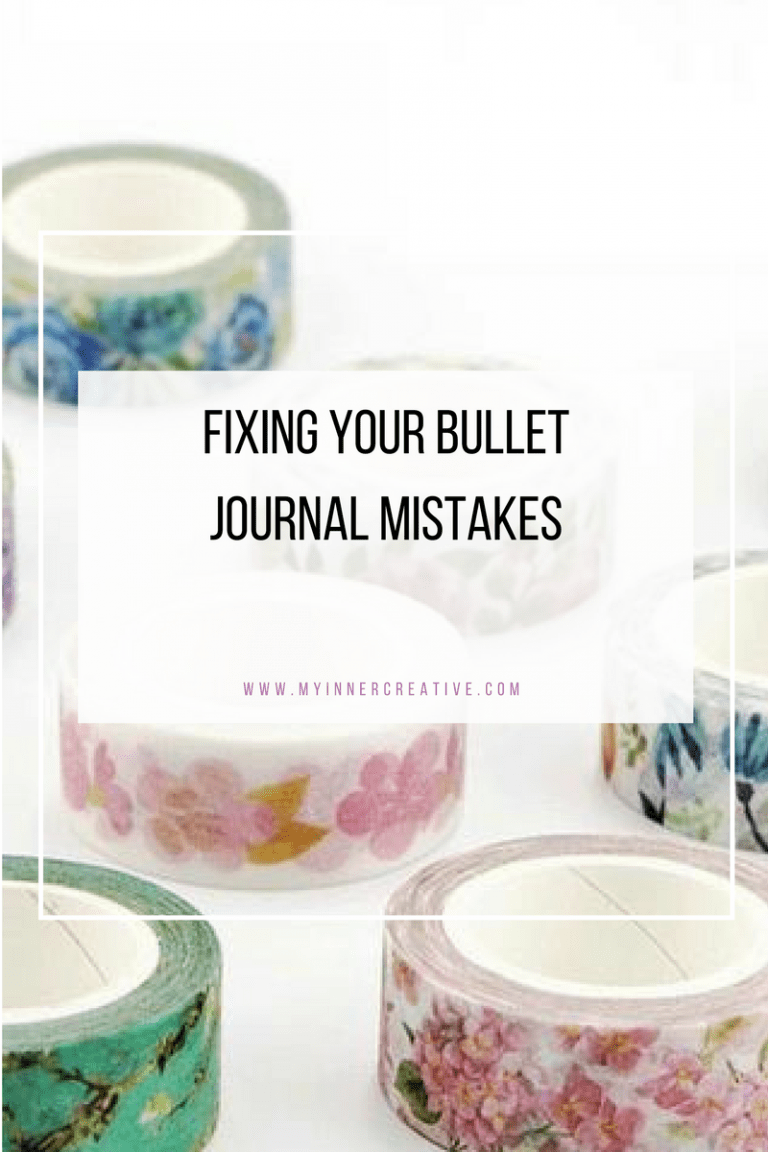Eye Health: Tips on How to Look After Your Eyes if You’re Serious About Journaling

Journaling has been rising in popularity these past few years, especially with mental and emotional health becoming more talked-about topics. In fact, things like stationery are seeing more growth thanks to the rise of bullet journaling; the stationery market is set to hit a value of $29.8 billion by 2027. The growing interest in journaling is not a surprising one. It’s a great way to track and note down daily experiences, feelings, challenges, goals, and more, enabling you to reflect on yourself and your life.
However, while people often use journaling for mental health, the physical aspect of it is often overlooked. Eye health, in particular, isn’t often considered or thought of when journaling. Practicing eye health habits can help you maintain visual comfort and prevent more serious eye issues in the future so you can enjoy journaling for much longer. Here are some eye health tips to remember when journaling:
Update your prescription and eyewear
Glasses and other vision correction methods are becoming more common nowadays as issues like myopia or near-sightedness are rising. When your eyes spend a lot of time focused on near tasks, like journaling, your eyeballs can elongate, causing myopia. As such, regular eye exams and updating your prescription can help you track vision changes and get the proper correction.
If you need glasses or need to update your existing ones, you can easily find eyeglasses online that you can customize to fit your lifestyle and hobbies. If you use screens a lot or do digital journaling, blue light filtering lenses help combat eye strain. UV lenses offer sun protection that can help if you like to journal outdoors. Progressive lenses provide near, intermediate, and far vision correction, so you can easily switch between journaling and other daily activities without extra glasses. Popular models like Ray-Ban Clubmaster Optics or Michael Kors’ Adrianna allow for these lens customizations, correcting your vision while amping up your style.
Take regular breaks
It’s easy to get lost in the moment when journaling, but taking breaks is crucial for maintaining good eye health. Looking at your journal for long periods can cause eye strain or headaches since your eyes constantly focus on a near object. It’s why looking at screens for too long can also strain the eyes.
To make eye breaks a more frequent occurrence, you can follow the 20-20-20 rule. While this rule is often encouraged for people who use screens, it also helps with near-focused tasks like journaling. It involves looking at something 20 feet away for 20 seconds every 20 minutes. This allows your eyes to refocus and relax. You also blink more frequently, promoting tear production and moistening your eyes. Set a timer on your phone to let you know when to put the pen down and give your eyes a break.
Maintain a healthy environment
Eyewear helps maintain eye health, but you should also look at your journaling environment. Adjusting your journaling space or home workstation can provide visual comfort and help you avoid eye strain, dryness, and irritation. Issues like glare, overly bright or dim lighting, and dry air can make it uncomfortable to journal in.
Good lighting is essential for visual comfort. Work in a space with ample natural lighting and use adjustable vertical or horizontal blinds to cut direct sun during peak sun times. If you don’t have much natural light or the conditions aren’t optimal, you can invest in LED lighting that can replicate the brightness. Avoid working in complete darkness or very bright light, as this can make you squint when you write, which can cause eye strain and headaches. Aim for soft, diffused lighting that can illuminate your journal sufficiently. If the air is dry, you can use a humidifier, if necessary, to avoid dry eyes.
It can be hard to be consistent with your eye health habits, but to stay motivated, you can set goals that can help you make these standard practices in your life. You can even write your eye health goals in your bullet journal, so you’ll constantly be reminded whenever you open it up.





